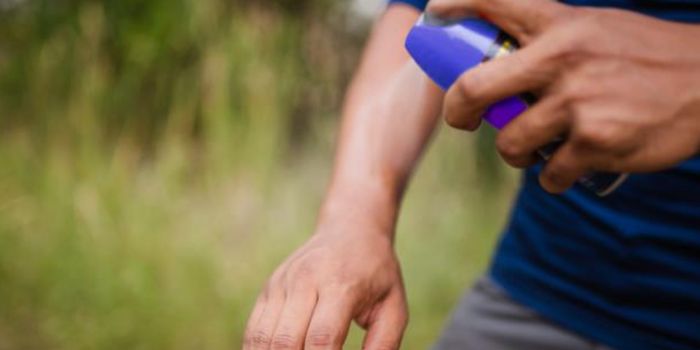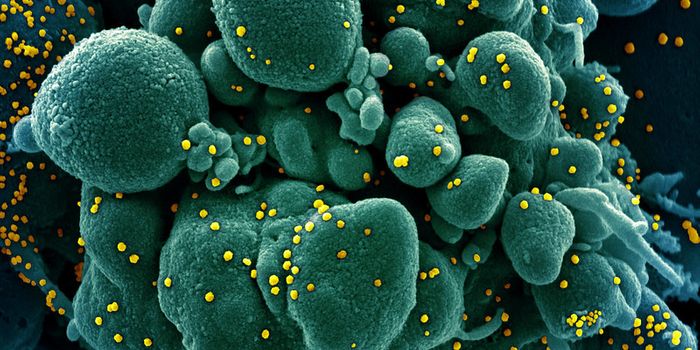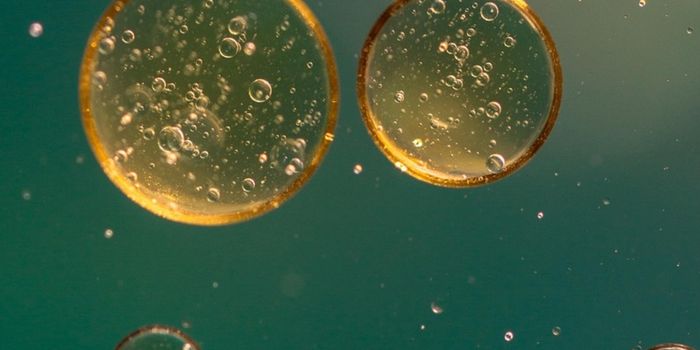Pregnant Moms Easily Pass On COVID-19 Antibodies Through Placenta
Recent work has shown that SARS-CoV-2 antibodies that are carried by a pregnant woman can cross the placenta and reach the developing infant. Reporting in JAMA Pediatrics, scientists found that women who had either recovered from a case of COVID-19 or had been asymptomatically exposed could pass protection against the virus on to their newborn.
In this study, the scientists looked for the presence of SARS-CoV-2 antibodies in blood samples taken from 1,471 women and their newborns. The research showed that 83 of these women, or about six percent, carried significant levels of SARS-CoV-2 antibodies. Of these 83 women, 87 percent of their newborns also had significant levels of antibodies that were specific to SARS-CoV-2; this was determined by analyzing umbilical cord blood taken at the time of birth. There was no indication that any of the infants had been infected with the virus. The study authors suggested that antibodies to the virus had passed from these moms to their babies.
“This transfer appears to be pretty efficient,” said the co-senior study author Karen Puopolo, M.D., Ph.D., a neonatologist at Children’s Hospital of Philadelphia among other appointments. “In some of the cases, the newborn’s blood concentration of SARS-CoV-2 antibodies was even higher than the mother’s.”
Related: A Mother-to-Fetus COVID-19 Transmission Has Devastating Consequences
“In general, our findings are consistent with what we know about cross-placental transfer of antibodies to other viruses, and should contribute to the discussion about whether and when to vaccinate pregnant women against SARS-CoV-2,” said co-senior study author Scott Hensley, Ph.D., an associate professor of Microbiology at Penn Medicine.
While previous work has suggested that maternal antibodies are able to move from the placenta to the bloodstream, not much is known about the details.
This study suggested that the most common type of antibodies found in blood, so-called immunoglobulin G (IgG) antibodies, can move across the placenta directly from the mother's blood. A different type of antibody known as IgM is produced early on in an infection. These were not found in any of the cord blood samples and are not thought to cross the placenta.
Of the women who carried antibodies to SARS-CoV-2 but their children did not, five only carried these IgM antibodies. The remaining six women who did not pass on antibodies were carrying IgG antibodies, but the levels were low. Vaccines will likely produce a more robust antibody response and produce higher levels than that.
Just a few days ago, a preprint study announced (before peer-review) that a frontline healthcare worker who was vaccinated when she was 36 weeks pregnant with the first shot of the Moderna COVID-19 vaccine has given birth to a child that carried COVID-19 antibodies. The antibodies were detected in umbilical cord blood samples taken immediately after the infant's birth.
Sources: Penn Medicine News, CBS News, medRxiv, JAMA Pediatrics









